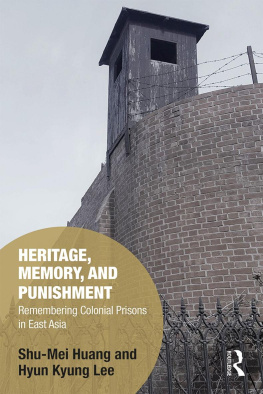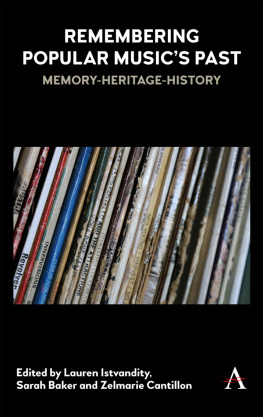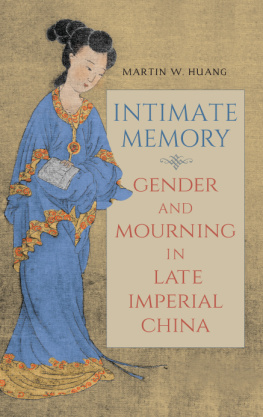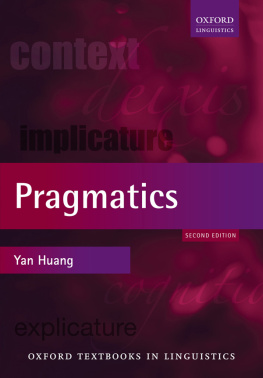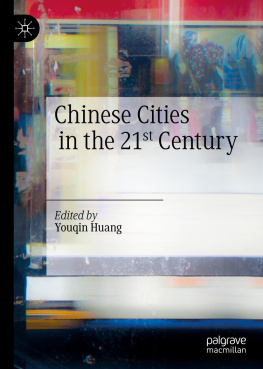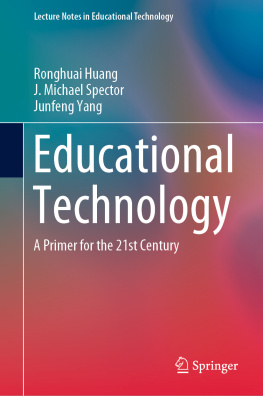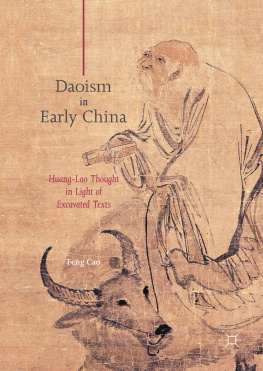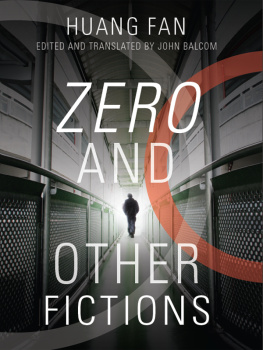Shu-Mei Huang and Hyun Kyung Lee provide a new, East Asian, and transnational take on prisons as places of pain and shame a major contribution to the heritage literature. They analyze the building of prisons by colonial Japan in China, Korea, and Taiwan and their rebirth as heritage sites designed to restore national honor and strengthen national cohesion. The authors show, nevertheless, that the sites remain caught up in shifting regional geopolitics, their multiple interpretations generating international tensions that can only be resolved at the diplomatic level.
William Logan, Professor Emeritus,
Deakin University, Australia
Sites of Japans colonial incarceration relate to both the authority of geography and the power of heritage history. Huang and Lee both demonstrate in their groundbreaking volume how these often punitive forms of colonial modernity were then later consumed, reshaped, or destroyed in the ensuing years of national and international debates about the legacies of empire.
Barak Kushner, Professor of East Asian History,
University of Cambridge, UK
Heritage, Memory, and Punishment
Based on a transnational study of decommissioned, postcolonial prisons in Taiwan (Taipei and Chiayi), South Korea (Seoul), and China (Lushun), this book offers a critical reading of prisons as a particular colonial product, the current restoration of which as national heritage is closely related to the evolving conceptualization of punishment. Focusing on the colonial prisons built by the Japanese Empire in the first half of the twentieth century, it illuminates how punishment has been considered a subject of modernization, while the contemporary use of prisons as heritage tends to reduce the process of colonial modernity to oppression and atrocity thus constituting a heritage of shame and death, which postcolonial societies blame upon the former colonizers. A study of how the remembering of punishment and imprisonment reflects the attempts of postcolonial cities to re-articulate an understanding of the present by correcting the past, Heritage, Memory, and Punishment examines how prisons were designed, built, partially demolished, preserved, and redeveloped across political regimes, demonstrating the ways in which the selective use of prisons as heritage, reframed through nationalism, leaves marks on urban contexts that remain long after the prisons themselves are decommissioned. As such, it will appeal to scholars of sociology, geography, the built environment, and heritage with interests in memory studies and dark tourism.
Shu-Mei Huang is an Assistant Professor at the Graduate Institute of Building and Planning, National Taiwan University, Taiwan.
Hyun Kyung Lee is a Post-Doctoral Research Fellow on the Academy of Korean Studiesfunded research project Beyond the Cold War, towards a community of Asia at the Centre for Research in the Arts, Social Sciences, and Humanities, University of Cambridge, UK, and the Research Institute for Cultural Heritage, Hankuk University of Foreign Studies, Seoul.
Memory Studies: Global Constellations
https://www.routledge.com/sociology/series/ASHSER1411
Series editor: Henri Lustiger-Thaler, Ramapo College of New Jersey, USA and Ecole des Hautes Etudes en Sciences Sociales, France
The past in the present has returned in the early twenty-first century with a vengeance, and with it the expansion of categories of experience. These experiences have largely been lost in the advance of rationalist and constructivist understandings of subjectivity and their collective representations. The cultural stakes around forgetting, useful forgetting and remembering, locally, regionally, nationally and globally have risen exponentially. It is therefore not unusual that migrant memories; micro-histories; personal and individual memories in their interwoven relation to cultural, political and social narratives; the mnemonic past and present of emotions, embodiment, and ritual; and finally, the mnemonic spatiality of geography and territories are receiving more pronounced hearings.
This transpires as the social sciences themselves are consciously globalizing their knowledge bases. In addition to the above, the reconstructive logic of memory in the juggernaut of galloping informationalization is rendering it more and more publicly accessible, and therefore part of a new global public constellation around the coding of meaning and experience. Memory studies as an academic field of social and cultural inquiry emerges at a time when global public debate buttressed by the fragmentation of national narratives has accelerated. Societies today, in late globalized conditions, are pregnant with newly unmediated and unfrozen memories once sequestered in wide collective representations. We welcome manuscripts that examine and analyze these profound cultural traces.
Titles in this series
12 Framing the Nation and Collective Identities
Political Rituals and Cultural Memory of the Twentieth Century Traumas in Croatia
Edited by Vjeran Pavlakovi and Davor Paukovi
13 London and the Politics of Memory
In the Shadow of Big Ben
Stuart Burch
14 Heritage, Memory, and Punishment
Remembering Colonial Prisons in East Asia
Shu-Mei Huang and Hyun Kyung Lee
Heritage, Memory,
and Punishment
Remembering Colonial Prisons in East Asia
Shu-Mei Huang and Hyun Kyung Lee
First published 2020
by Routledge
2 Park Square, Milton Park, Abingdon, Oxon OX14 4RN
and by Routledge
52 Vanderbilt Avenue, New York, NY 10017
Routledge is an imprint of the Taylor & Francis Group, an informa business
2020 Shu-Mei Huang and Hyun Kyung Lee
The right of Shu-Mei Huang and Hyun Kyung Lee to be identified as authors of this work has been asserted by them in accordance with sections 77 and 78 of the Copyright, Designs and Patents Act 1988.
All rights reserved. No part of this book may be reprinted or reproduced or utilised in any form or by any electronic, mechanical, or other means, now known or hereafter invented, including photocopying and recording, or in any information storage or retrieval system, without permission in writing from the publishers.
Trademark notice : Product or corporate names may be trademarks or registered trademarks, and are used only for identification and explanation without intent to infringe.
British Library Cataloguing-in-Publication Data
A catalogue record for this book is available from the British Library
Library of Congress Cataloging-in-Publication Data
A catalog record has been requested for this book
ISBN: 978-1-138-62818-2 (hbk)
ISBN: 978-1-315-21079-7 (ebk)
Typeset in Times New Roman
by Deanta Global Publishing Services, Chennai, India
Contents
Locating the key cases in East Asia. |
Yamashitas documentations of a prison with a radial layout after his research trip to Europe. |
News coverage of the improvement of prisoners health in 1925. The news coverage that highlighted the improvement of prisoners health due to nutritious food from a hygienic kitchen at the Taipei Prison. The photo shows the spacious, well-ventilated kitchen and the profile image of the then director of the prison, Shizuhata Gentar (from Ninichi Shinpo , 29 March 1925). |
Grades of remembering colonial prisons. |
The kiln that remains outside of the Lushun Russo-Japanese Prison. |


